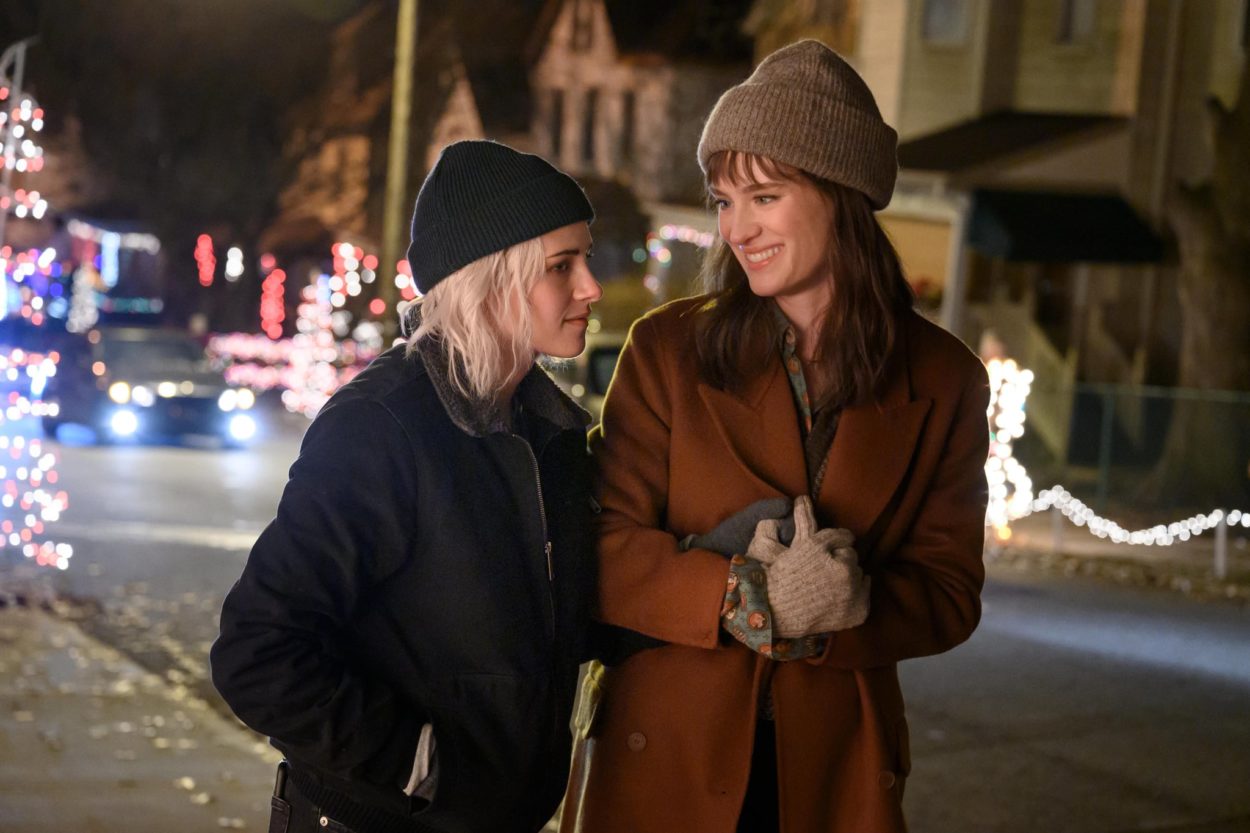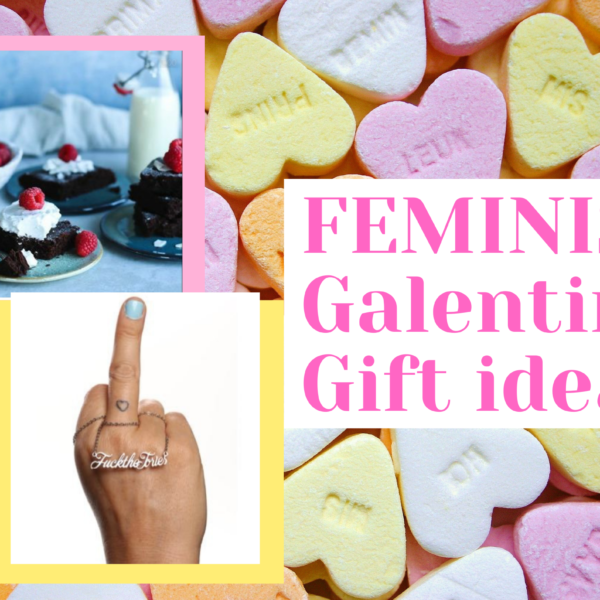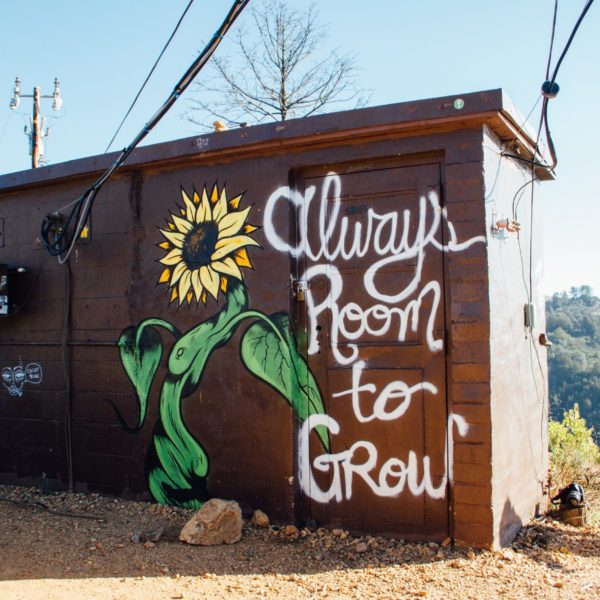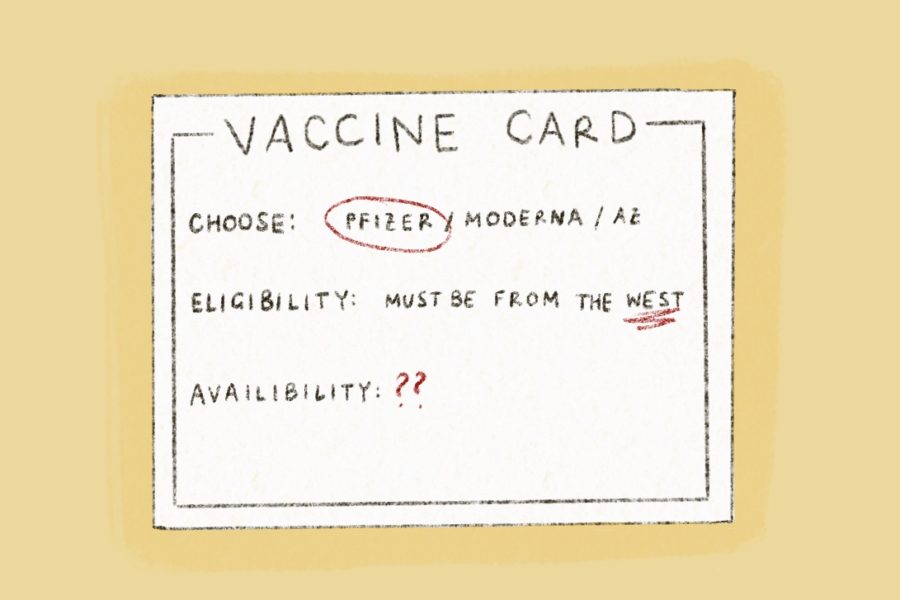Hey, Ma? Don’t read this one. The reason the above warning exists is because whilst I am queer, I’m not actually out to my parents, or many people in the small town I grew up in and have recently moved back to. There are a lot of reasons for this, though I am lucky enough that it is not because I feel unsafe, or that my parents would reject me.

I’m Fed Up with Coming Out Stories
Honestly? Being queer often feels like a special, secret thing that is just for me and my friends. Another world that I slip into, that my family can’t see and don’t understand. I don’t feel any pressure to come out: I’m terminally single, and anyone I’m potentially considering dating (literally nobody in the year of our pandemic 2021) isn’t really anyone’s business.
When we really think about it, where does the pressure to come out actually come from? I’ve seen a lot of movies (well, two movies, but relative to the entirety of queer cinema, that’s a high proportion) where people suggest they are somehow lying to friends and family if you don’t tell them about your queerness.
This is my thesis: the idea of coming out is over, it’s dead. At least 50% of millennials identify as queer – coming out is obsolete. You’re better off quietly pulling people aside and letting them know that you’re actually straight, unfortunately, because it’s statistically the least likely option. And the mainstream mythology that we have built up around coming out is structurally, fundamentally unsound.
Coming out figures strongly in mainstream narratives about the queer experience. Films like Love, Simon and Happiest Season both focus on coming out. Everyone remembers Kurt’s dad catching him dancing in his room in Glee. But this has always struck me as artificial – coming out doesn’t seem to hang over my head, or the heads of beloved queer friends, the way it does on screen.
“It’s an important part of who I am, I guess, and I’d tell you if it were relevant then and there,” says A, who is bisexual. “But the idea that I’m lying to a random person by not disclosing it right out of the gate is a bit of a weird one.”
They make a good point. So often in these narratives, the angst over coming out is combined with the idea that by not coming out, you’re somehow lying or denying a part of yourself to friends and family. In Love, Simon, his friends are hurt and confused that Simon has kept his queerness from them.
This trope erases an uncomfortable truth: that coming out is often dangerous. Conservative parents, bigoted classmates – a fundamental aspect of the queer experience is judging when it is safest to share information.
“To be honest, I don’t think I have felt any pressure to come out,” J tells me. “I have been in situations where I didn’t feel like it would be safe to come out.”
Similarly, an old friend, D, says that “the next thought was ‘I’m not coming out in high school’, which at the time seemed ‘easy’, because there was just no way (or so I thought) that it wouldn’t lead to considerable hassle.”
Danger aside, coming out narratives are often disappointingly oversimplified. Over the arc of a film, or a season of television, coming out is portrayed as a queer character’s moment of self-actualisation – the moment where their identity is settled and they can comfortably move on.
“The problem is the framing of coming out as something you have to do to be a complete, proud, queer individual, when for some people they have no interest in sharing because it’s none of anyone’s business or because they’re in an unsafe situation,” is what C tells me.
In reality, coming out is messy.
“Coming out is more of a journey,” says M. “I came out too early because I felt pressure to say that I had different feelings about people but what I came out with in terms of the label I gave myself was entirely wrong. I gave myself a label that people could understand and recognise, but in a weird way saying it aloud helped me realise that it was wrong.”
This is
not to mention the fact that straight people still take up a lot of screen–time in films purporting to be about the queer
experience. The focus on the impact a coming out has on the straight characters
in a story carries with it an unsaid assumption: the most important part of
this journey is that you can now be honest with me.
In Happiest Season, the lesbian Christmas Hallmark dream we had all been waiting for, Harper’s coming out inspires her straight parents to be better people – her queerness is a vehicle for their character development. Like M says, there is a pressure to distil your identity into something digestible or recognisable to others, when the truth is actually more complicated.
“They conceive of you having held this great terrible secret that ‘Others’ you from them utterly, that you’ve hidden from them and maybe even worry that the reason you haven’t brought it up yet is a reflection on your relationship with them,” says A. “So, you get this idea in a lot of media that coming out is this huge vital thing that you Must Do or else you’re Lying About Yourself because of this Straight anxiety that somehow you not telling them is their fault. It’s a way of soothing this anxiety and reinterpreting their assumptions as your obfuscation.”
This conception of queerness as a burdensome secret is a societal relic. Yes, at times people are prevented from sharing by fear, but this does not automatically make coming out a moment of relief, or self-actualisation, or inspiration for the heteros in your life. Coming out is beautiful and transgressive – it’s exploration and creation. D describes life before coming out as “anti-fulfilment.” In M’s words, “To be queer is to be truly free, it allows you to reject the path society has laid out for you in favour of a path that is of your own making.” It’s finding a community, like all the wonderful queer friends that shared their thoughts with me so I could write this article. It’s time to tell more complex, informed stories about queer lives, instead of relying on lazy tropes.






Leave a Comment